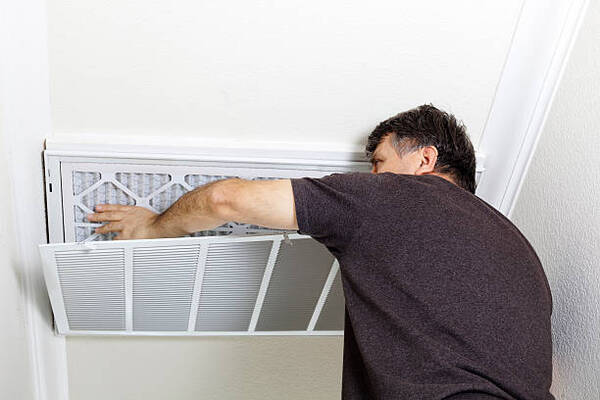- 1-905-452-8193
- Contact Us
- Member Login
- Get Listed Today
- 220,911 members

As the weather warms up, you might be wondering what will happen to your HVAC unit during summer. Experts in air conditioning Central Coast explain that your cooling appliance will work harder during the hot months to keep your home cool and comfortable. This means that it will use more energy, which can lead to higher utility bills and extra wear and tear to your appliance.
The first thing to understand is that heat rises. This means that your upper floors are going to be warmer than your lower floors. As a result, your air conditioner will have to work harder to cool these areas down. Additionally, if you have any appliances or electronics that generate heat (such as a TV or computer), they will also make your air conditioner work harder.
Another thing to keep in mind is that humidity can make the air feel much hotter than it actually is. This is why you often see people using humidifiers in the winter - to add moisture to the air and make it feel warmer. In the summer, though, you want to avoid excessive humidity as it will make your air conditioner work harder and could lead to condensation on your windows and walls.
Finally, remember that dirt and dust buildup can also cause your air conditioner to work less efficiently.
Make sure of the following list to take proper care of your air conditioner during the warm summer months.
Get a professional tune-up.
One of the best ways to ensure your air conditioner is ready for summer is to get a professional tune-up at the beginning of the season. This will help identify any potential issues and prevent them from becoming bigger problems later on.
Clean or replace your air filters.
Another simple but effective way to prepare your AC for summer is to make sure the air filters are clean or replaced as needed. Dirty air filters can restrict airflow and lead to decreased efficiency and higher energy bills.
Clear debris from around the unit.
It’s important to keep the area around your outdoor AC unit clear of debris like leaves, grass, and dirt. Not only can this debris interfere with airflow, but it can also be a fire hazard.
Check the coolant levels.
The coolant in your AC unit helps to absorb heat and keep your home cool. If the coolant levels are low, it can cause the unit to overheat and break down.
Inspect the ductwork.
If you have central air conditioning, you’ll want to make sure the ductwork is in good condition before turning on the AC for the summer. Leaks or holes in the ducts can lead to wasted energy and higher bills.
Test the thermostat.
Before cranking up the AC, test the thermostat to make sure it’s working properly. A faulty thermostat can cause the unit to run continuously, leading to higher energy bills.
Seal any leaks.
If you have a window air conditioner, make sure the unit is properly sealed to prevent cool air from escaping. You can also seal any gaps around doors and windows to prevent warm air from coming in.
Insulate exposed pipes.
If you have any exposed pipes in your home, be sure to insulate them before the summer heat hits. This will help prevent them from sweating and dripping water onto your floor or furniture.
Schedule a professional inspection.
Once everything is checked and ready to go, it’s a good idea to schedule a professional inspection of your AC unit. This will give you peace of mind knowing that everything is in good working condition and will help prevent any surprises come summer.
Following these tips can help you prepare your HVAC system for summer and avoid costly repairs. Be sure to schedule a maintenance checkup with a qualified technician to ensure that your system is ready to keep you cool all season long. If you have questions about this topic, get in touch with a trusted contractor to get professional advice.
